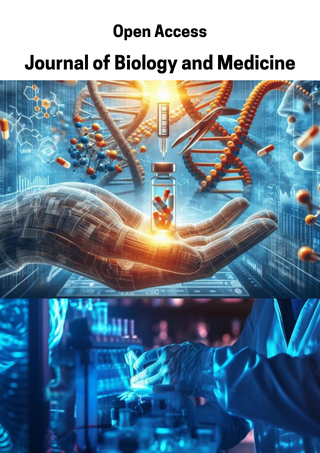Indexed In
DOAJ
CrossRef
PubMed
MEDLINE
ResearchBib
OAJI
Sindexs
Index Copernicus
EBSCO A-Z / Host
OCLC - WorldCat
Journal Flyer

Journal Highlights
Genomics and Precision Medicine
Immunology and Vaccine Development
Cancer Biology and Targeted Therapies
Neuroscience and Brain Health
Microbiome Science in Health
Systems Biology and Integrative Omics
Infectious Diseases
Cardiovascular
Environmental Biology
Clinical Trials and Translational Medicine
Useful Links
Recommended Journals
Open Access Journals
Microbiome Science in Health
Microbiome science explores the diverse communities of microorganisms bacteria, viruses, fungi, and archaea that inhabit various environments of the human body, including the gut, skin, oral cavity, and respiratory tract. These microbial ecosystems play a crucial role in maintaining health, regulating immunity, and influencing metabolism, development, and even behavior.
The human gut microbiome, in particular, has emerged as a central focus due to its profound impact on nutrient absorption, inflammation control, and protection against pathogens. Dysbiosis, or imbalance in the microbiome, has been linked to a wide range of diseases including obesity, diabetes, inflammatory bowel disease, allergies, neurological disorders, and certain cancers.

